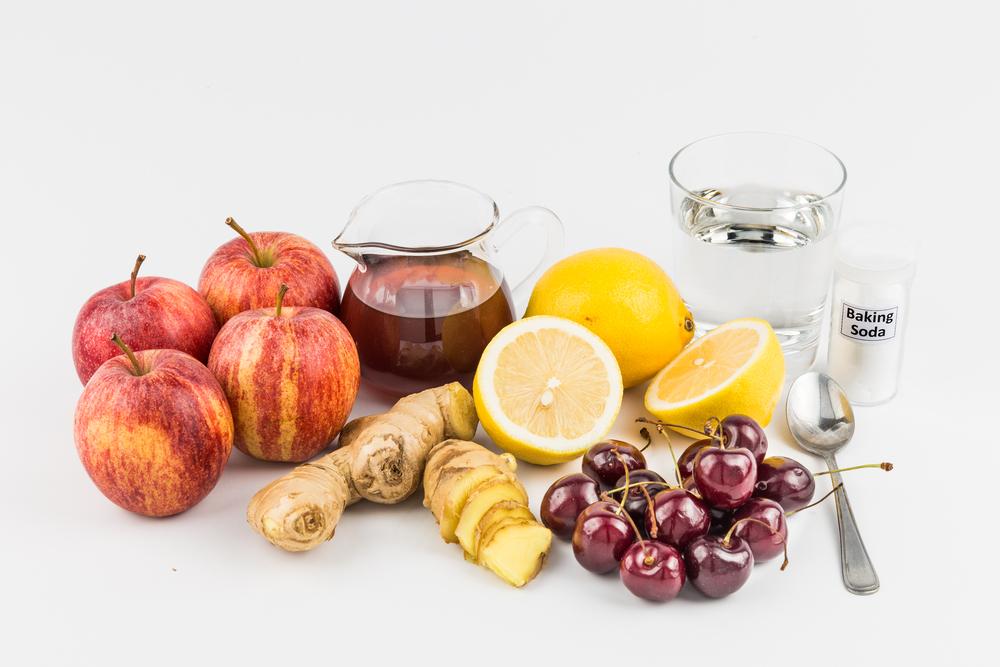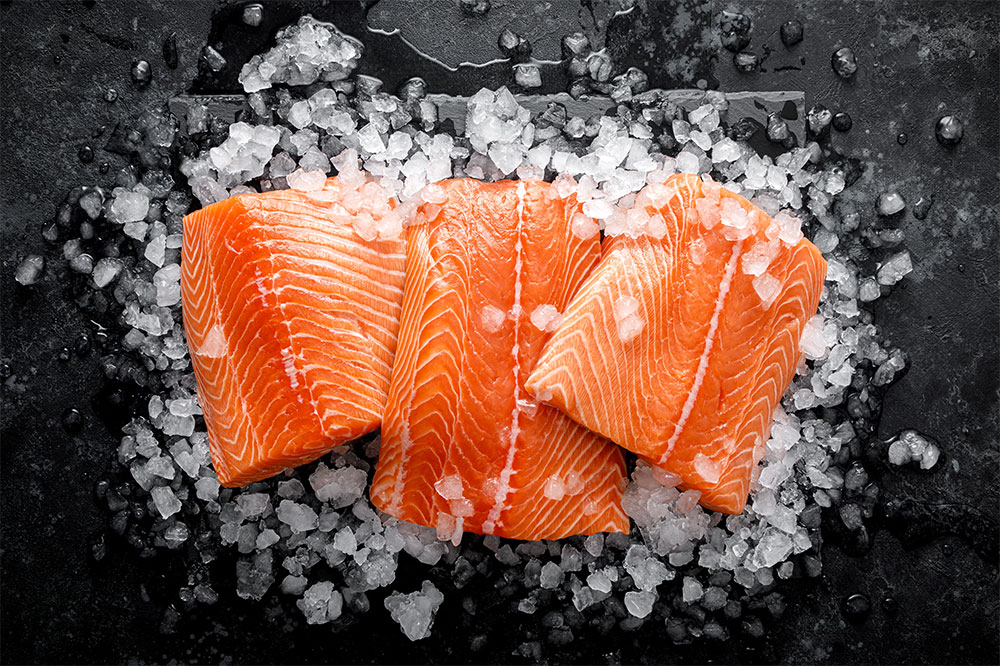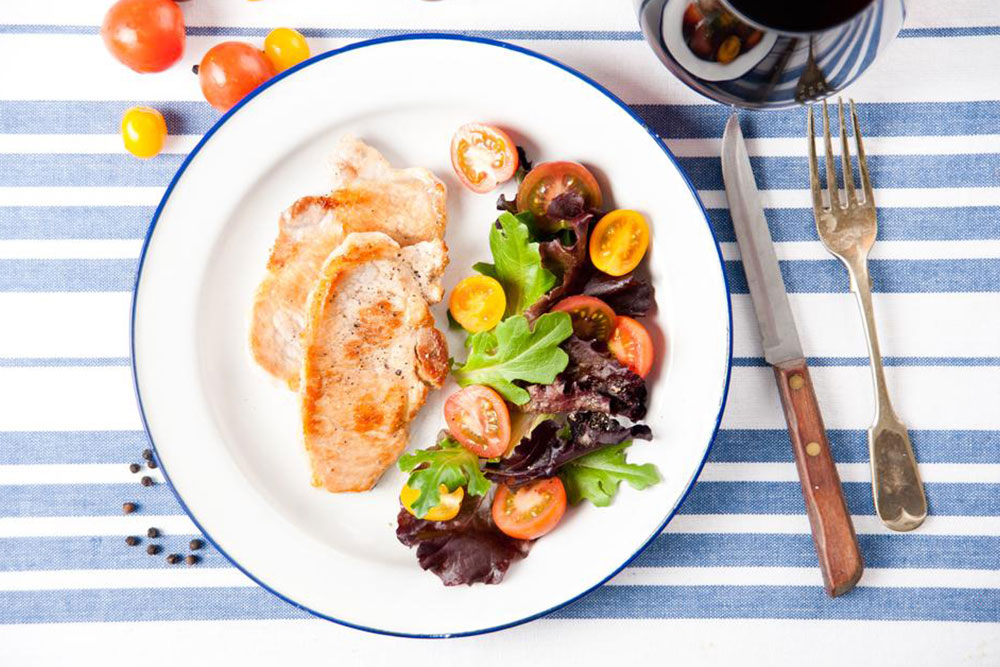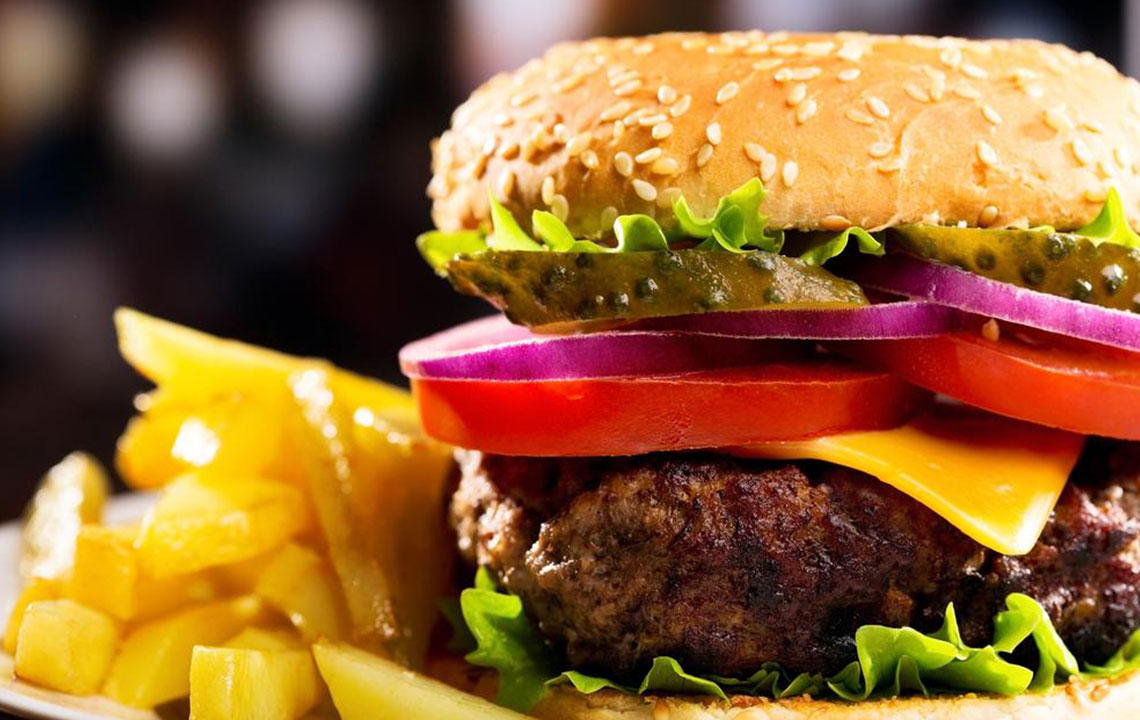Essential Dietary Guidelines for Managing Gout
This article offers essential dietary guidelines for managing gout, including weight management, reducing high-purine foods, avoiding alcohol and processed sugars, and choosing healthier protein sources. Implementing these nutritional tips can help control uric acid levels, alleviate joint pain, and prevent gout flare-ups. Tailored dietary adjustments play a vital role in gout management, supporting long-term joint health and overall well-being.

Nutrition Advice for Gout Sufferers
Gout is a type of inflammatory arthritis caused by excess uric acid buildup in the bloodstream. When uric acid crystallizes, it accumulates around joints, leading to pain, swelling, and redness. This condition often stems from dietary habits that promote uric acid formation. While occasional consumption of high-purine foods may be harmless, sustained intake can worsen symptoms over time.
Implementing specific dietary changes can significantly help manage gout symptoms and prevent flare-ups. Here are key nutrition tips for those affected:
Weight Management
Maintaining a healthy weight is crucial, as excess weight increases the risk and severity of gout. Weight reduction, even modest—around one to two pounds weekly—can alleviate joint pain and decrease uric acid levels. Prioritize gradual weight loss through balanced calorie intake.
Limit Red and Processed Meats
High consumption of red meats, fried meats, and processed meats can intensify joint inflammation. Instead, opt for lean protein sources such as poultry, fish, and seafood, especially fatty fish like salmon, which can help reduce inflammation.
Avoid High Fructose Corn Syrup
High fructose corn syrup can elevate uric acid levels and promote inflammation. Processed foods and sugary drinks often contain this additive, so checking labels is essential. Minimizing its intake helps control uric acid and reduces gout flare-ups.
Reduce Purine-Rich Foods
Avoid foods high in purines, which break down into uric acid. These include shellfish, liver, kidney, mushrooms, and certain beans. Eliminating or limiting these foods can help keep uric acid levels within safe limits.
Choose Alternatives to Soy Milk
Studies suggest soy milk may increase uric acid by up to ten percent. Alternatives like almond or coconut milk are healthier options for those with gout or uric acid concerns.
Limit Alcohol Intake
Alcohol, especially beer and spirits, raises uric acid production and inflammation. Instead, try reducing alcohol consumption or replacing it with beverages like grape juice or chamomile tea, which offer antioxidants and relaxation benefits.
Note:
The information provided here is for educational purposes only and should not replace professional medical advice. Always consult healthcare professionals for diagnosis and treatment options tailored to your specific health needs.










